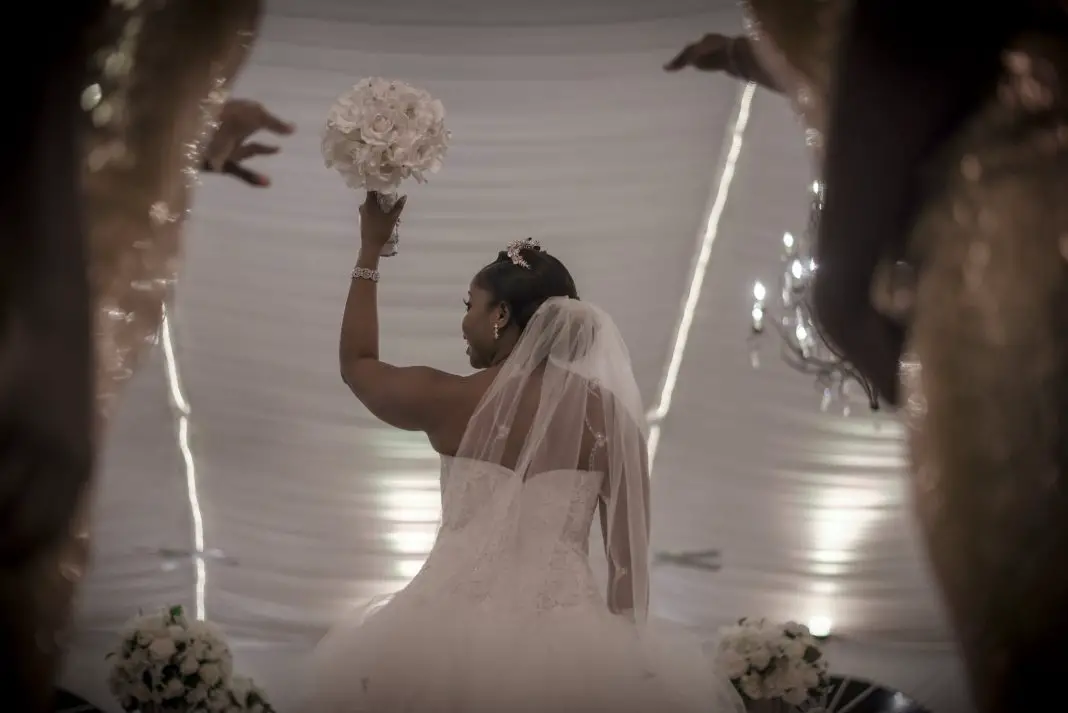When I was in university reading English, one thing I remain grateful for is the fact that I was exposed to people from diverse backgrounds and ideological leanings.
Some of my experiences with them were good, some were bad and yet some others showed me the necessity in undoing and questioning negative gender norms.
Through discussions with my roommates especially, I realised that women in Nigeria still have a long way to go when it comes to undoing the belief that our bodies and time are the property of the men in our lives.
In my final year in Babcock University, I had a roommate who was a budding singer and was a very talented student as well. She was the definition of balancing the arts and sciences with unflinching balance. One day, both of us were discussing possible names that she could adopt as her stage name.
I suggested that she toe the path of lyrical star Tiwa Savage, who simply bore her birth name. The response of my roommate saddened me much more than it shocked me. She said that she could not use her government name because she had to consider the fact that she would get married and change her name.
Now, on the surface, it is easy to judge the thinking of my roommate. Afterall, which eighteen year old Nigerian boy with an interest in music goes about worrying if his stage name would affect his chances at building a family and public identity? None. It is easy to judge my roommate and indeed women who change their names after marriage. That is, until one stops and looks at the punishment and stigma directed towards women who do not change their names after marriage.
Asides the social outcasting and the belief that a marriage is invalid until a woman changes her name, there are hard systemic consequences. These consequences await women who are uncomfortable with the name change culture because for some, they dislike how the name change makes them look like properties to be labelled upon acquisition by each new owner, they like their name and even for the simple reason that they are aware that a marriage can end and they will be left with the uphill task of rebuilding with another name.
Yet some other women do not change their names because they are aware that the name change is a form of psychological hold over women such that women stay on in loveless and violent marriages because they do not want to rebuild with an identity separate from their children.
I was reminded of my roommate when I saw a thread of women who did not change their names narrating their encounters with Nigerian institutions. Most said they were unable to travel in an ease free manner because they had different names from their kids who often bore their husband’s surnames. They narrated how in travelling, they often had to bring a letter of consent from their husband and yet still faced harassment from Nigerian immigration officials.
For some others, the punishment came from their workplace and when they wanted to buy joint properties with their husbands.
Personally, I’m not the biggest advocate for marriage but one has to remember that as sexist as the origins for marriage are, it is still a way of building families. Not everyone has it in them to be outcasted for simply moving in with their partners and starting a family.
It is because marriage is inherently sexist and hardly about love and partnership, that women who get into it for any reason, would often face bullying from external sources should they seek to be full persons.
It is also because marriage is seen as men owning the bodies and time of women, that a woman refusing to change her name is seen as sacrilegious; this is even though most African naming patterns did not require women to change their names. Matter of fact, most women were still known by their household names, professions and surnames as we know them were not really a thing. As sexist as African customs tend to be, the concept of changing one’s name upon marriage as a woman was something that came with the advent of colonisation.
Speaking with PA, she says that she kept her name because she worked hard to get to where she was and still plans on buying properties in her name.
In her words: “My dear I don’t believe in the name change because I worked hard to get to where I am. No man got me here just God. I haven’t even bought properties in my name yet. I can’t change my name to someone I feel doesn’t deserve it.
Sheesh my husband doesn’t even have an idea what my salary is and I plan for it to stay that way. I have no plan whatsoever to change my name and I made it very clear before marriage. Even though it was perceived as a joke but message was passed across.
We have a child now and I don’t mind the child bearing his name because he’s the father afterall. And that was even after some thorough thinking.”
She went on to add: “I wish I didn’t get married though and just went ahead with my plan of buying sperm.
When he said his family asked him if I’ve changed my name I told him to tell them to ask me directly and I’ll tell them why. Till today no one has asked me why. I got married because I thought I had achieved everything I wanted to. I was in U.K, had a good job, earning well, living in a 2 bedroom flat by myself.
So in my mind I was ok I can get married now. Big mistake. Big big mistake. Marriage has slowed me down like crazy. If I could go back I’ll choose not to get married. And the irony is that before I used to say I won’t get married. I just woke up one day and said ok I can marry now.”
For Deborah, a writer and teacher, she shared that not changing your name can also be seen in older women. To quote her: “My mom has been married for years but she still hasn’t changed hers. People automatically assume she bears my dad’s surname because she’s married to him. However, in her official documents, it’s still her surname.”
If we continually push the belief that for a marriage to be seen as ideal, only one party must give up an identity and be subsumed into the man’s name, culture and family, it is only to be expected that women who see marriage as mergers and not acquisitions would encounter severe punishment.
True progress would be made when women are not seen as properties to be labelled but rather as full autonomous beings capable of making choices free of sexist influence.

Angel Nduka-Nwosu is a writer, journalist and editor. She moonlights occasionally as a podcaster on As Angel Was Sayin’. Catch her on all socials @asangelwassayin.

